Not all bee hotel are five - star . Some are more like bug traps with terrible Yelp recap .
If you ’ve ever installed a precious wooden bee family and feel like a pollinator hero — only to see no one ’s checked in — you’re not alone . Most store - bought “ bee hotels ” are more decoration than habitat .
The truth ? Native bees are picky . They want clean room , the correct computer architecture , and zero squatter . ( spider and molding need not apply . )
But when you get it right ? You ’ll witness the magic . Chubby mason bee hurry in and out like tiny construction workers . New life buzz from every crevice .
quick to turn your backyard into actual bee existent landed estate , not a ghost township with holes ? These 12 tip will help you work up the kind of bee hotel that ’s amply book all summertime .
Choose the Right Location
draw close among blooming flowers , a bee hotel thrives best in a sunny , sheltered locating . bee adore warmth and tribute , so placing your hotel against a south - facing wall check both . Avoid areas with frequent hoo-hah or high foot dealings to keep the bees dependable and undisturbed . Consider the surrounding plant life , as a fat floral environs provides essential forage opportunities . A peaceful , Dominicus - osculate box of your garden might just become a buzzing Eden .
Opt for Natural Materials
craft a bee hotel with rude materials such as bamboo , reeds , and untreated wood bid bee to settle in well . Bamboo ’s hollow cavities perfectly become nesting penury . log drilled with various hole size provide diverseness , cater to dissimilar bee coinage . By avoiding plastics and treated Wood , you create a more appealing and safer environment , reducing chemical substance that could harm bees . The natural esthetic also blends attractively with garden preferences .
Ensure Proper Ventilation
A well - ventilated bee hotel keep Edgar Guest good for you and happy . Ensure your design include fair to middling public discussion hole to prevent moisture buildup . Proper air flow deters mould and fungus , which could harm bee larvae . Positioning the hotel in a breezy area can heighten ventilation naturally . By facilitate bracing atmosphere exchange , you create a more inviting and safe oasis for your buzzing inhabitants .
Provide Various Hole Sizes
Catering to diverse bee species intend incorporating various kettle of fish size in your bee hotel . Small bees prize diminutive openings , while larger bees ask slightly bigger single . This diversity ensures a welcoming environment for numerous species . Each golf hole should be smooth and sliver - barren to avoid harming the bee . By offering a range of nesting options , you create a bustling microhabitat that supports the ecosystem .
Maintain Cleanliness Regularly
Regular upkeep extend the life-time of your bee hotel and boosts its appeal . Cleanliness ensures that bee have a sanitary space to inhabit . polish off detritus and visit for signs of mold or damage . supersede wear out - out materials to maintain a fresh , pay for ambience . A well - kept hotel not only attracts more bee but also support their health and productivity .
Avoid Using Paints or Varnishes
Let the raw beauty of wood stand out by avoiding paints and varnishes on your bee hotel . These heart and soul may contain harmful chemical that dissuade bees . innate wood old age graciously , extend bees a more authentic habitat . The rustic appeal of untreated aerofoil harmonizes with nature , creating a calm surround . Prioritizing instinctive aesthetic enhance the ecological value of your bee hotel .
Position at the Right Height
Placing your bee hotel at an ideal altitude secure availableness for its tiny Edgar Guest . Mount it at about waist stature , approximately three to five fundament off the earth . This elevation protect bees from ground predators while keeping them within easy range for observation . The convenience of this height benefit both bee and curious humans , fostering a stuffy connection with nature .
Orient the Hotel Properly
Orientation matters — a S - facing bee hotel basks in sunlight , provide essential warmheartedness for bee . array it right ensures maximum vim absorption . This set aids in temperature regulation inside the hotel . By optimizing orientation course , you heighten the comfort and attractiveness of your bee sanctuary , promote more residents to settle in .
Use Solid Backing
A unanimous backing in a bee hotel impart security and insulation . This feature film prevents steer from pass through and protects against harsh weather . Bees feel more secure with a stable background . By incorporate a racy backing , you not only enhance the structural integrity of the hotel but also support the welfare of its resident physician .
Include a Roof for Protection
A protective roof shields your bee hotel from rain and intense sunlight , prolonging its life and comfort . An overhanging cap maintain weewee out and allow for shade . This mere gain ensures a informal , wry resort for bees , even during inclement conditions . By incorporating effective roofing , you safeguard the hotel ’s inhabitants and heighten its strength .
Inspect for Pests Regularly
Vigilance against pests keeps your bee hotel a haven rather than a hazard . unconstipated inspections help manage mites , spiders , and other threats . maintain a pestilence - destitute environment supports bee health and productivity . Prompt action upon pick out trespasser safeguards the hotel ’s tranquility , check it remain a good , roaring habitat .
Encourage Nearby Foraging
A successful bee hotel feature abundant nearby foraging opportunities . embed diverse flowers attracts bee with ample nectar and pollen . Native flora is specially beneficial , aligning with bee dietary needs . A well - be after garden not only beautifies your space but also patronage the thriving bee population , turning your thousand into a buzz ecosystem .


© Homes and Gardens
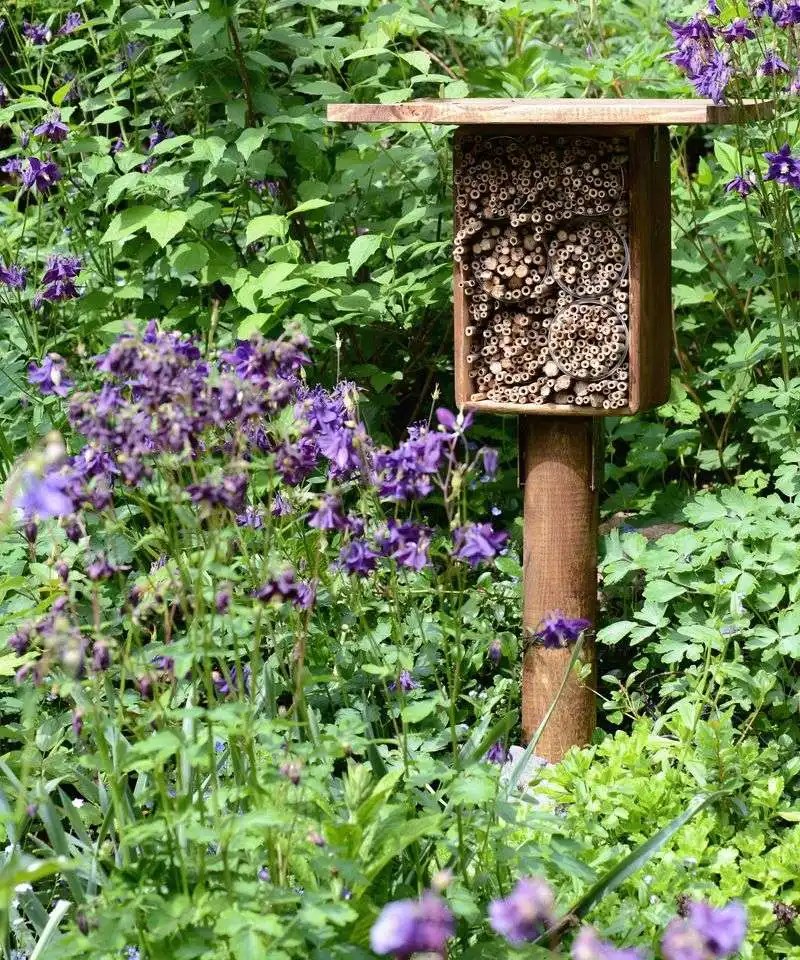

© Etsy


© Hivecraft
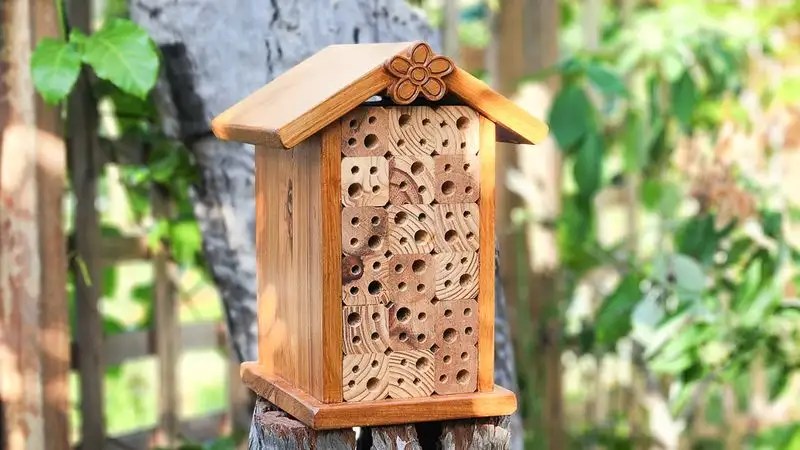

© Woodland Trust
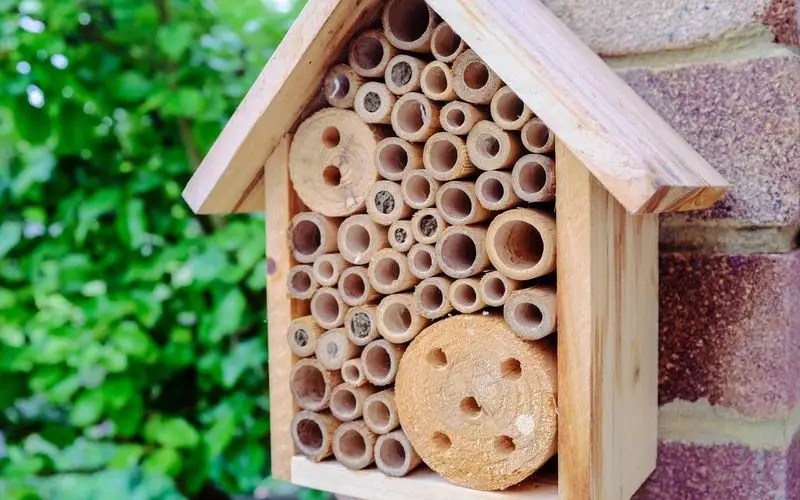

© rosybee


© EcoWatch
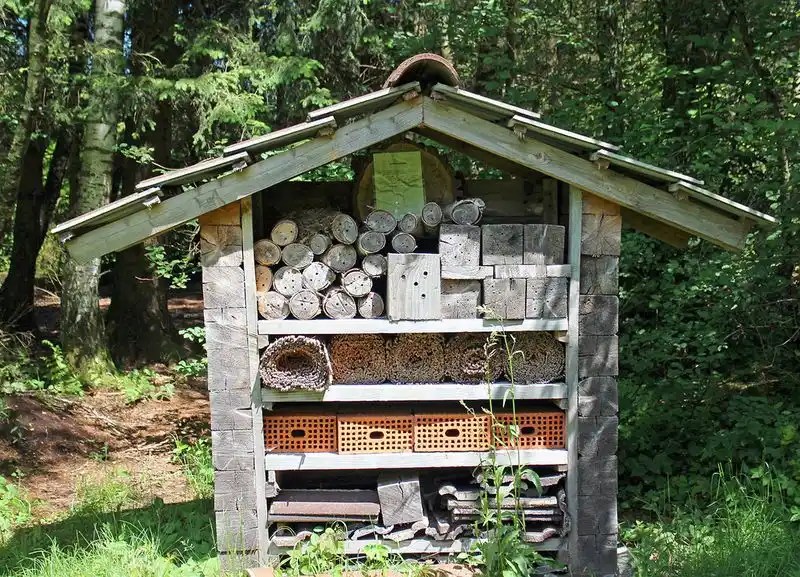

© Beevive
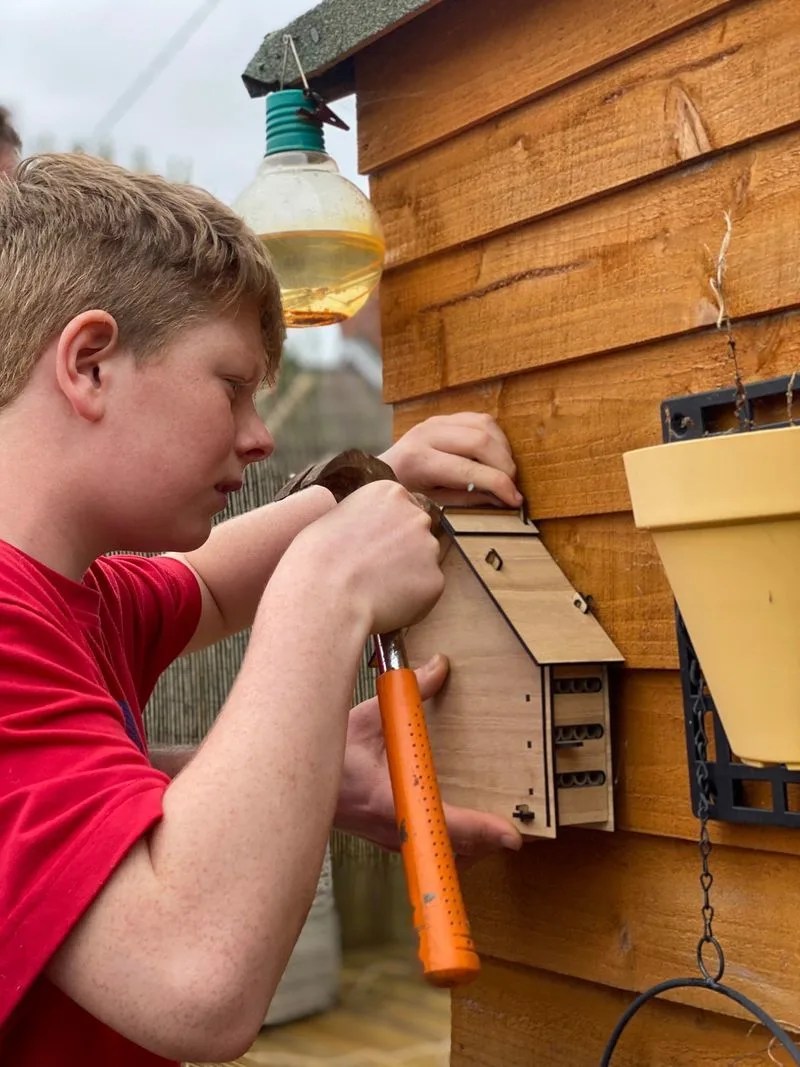

© Montana State University
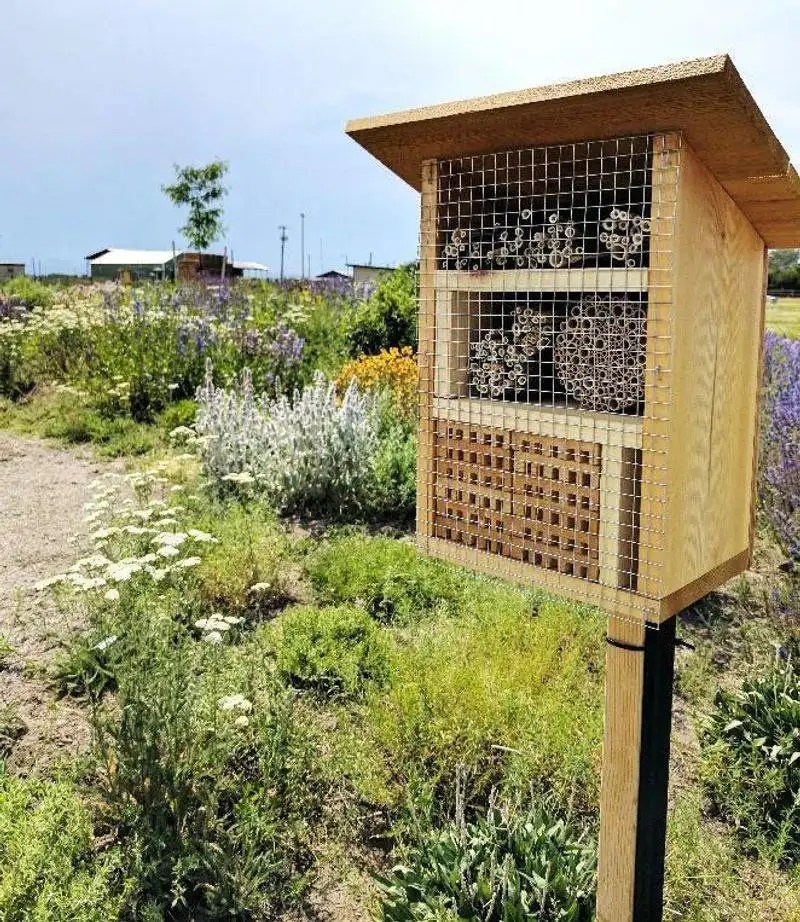

© Scottish Wildlife Trust

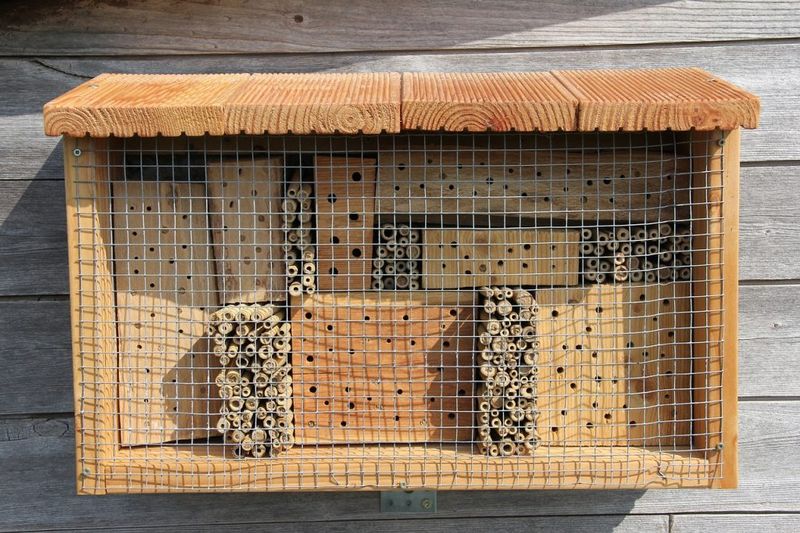
© Finding Sea Turtles
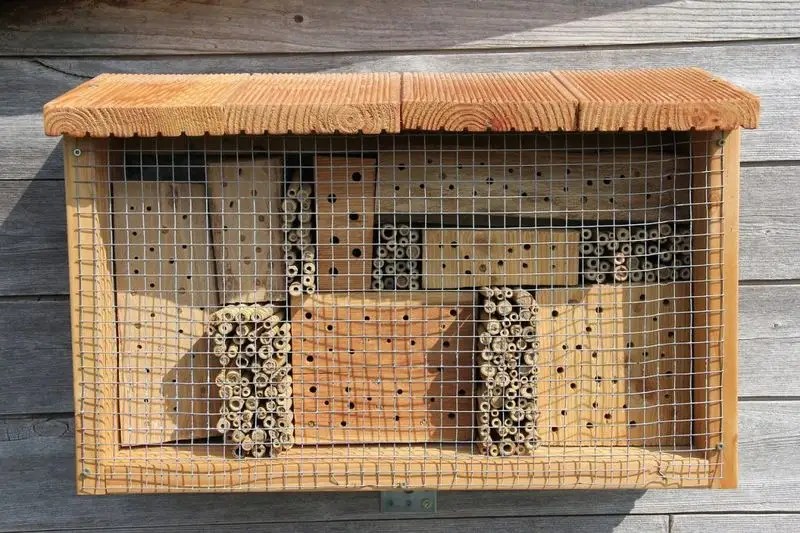
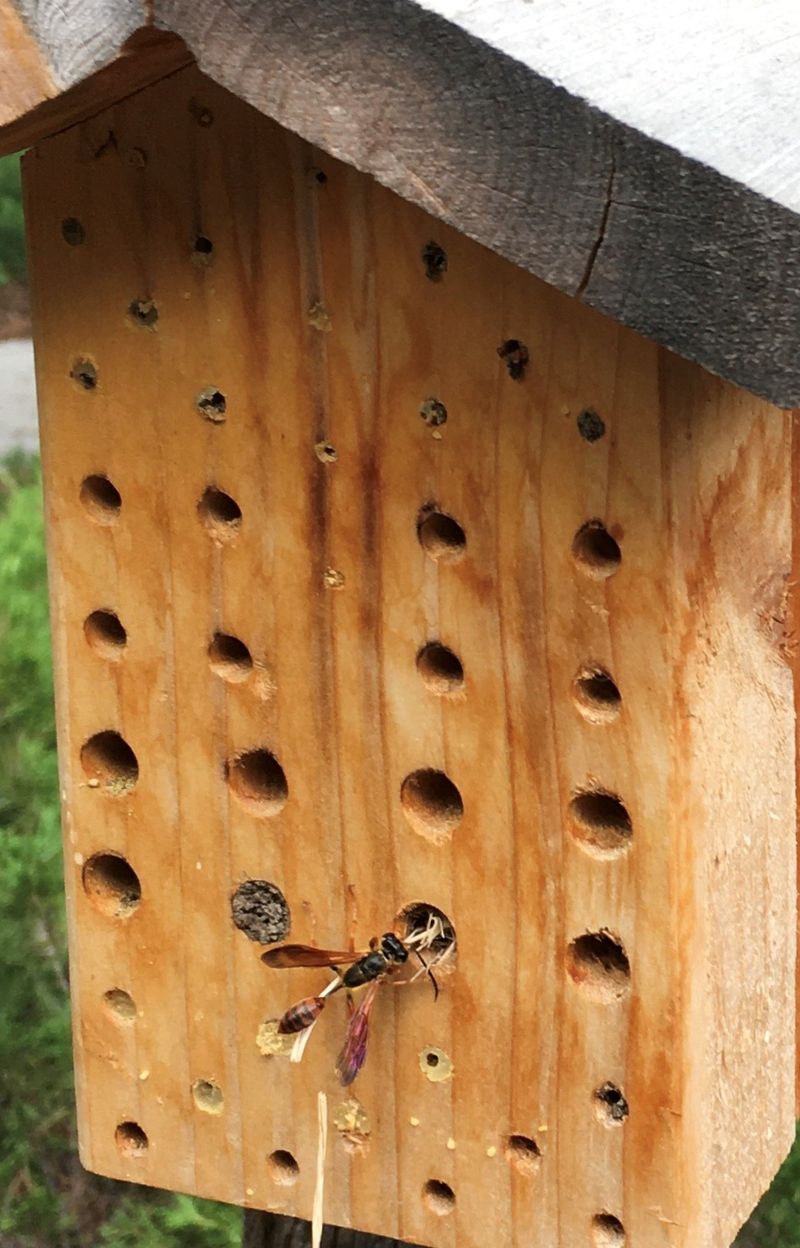
© Arapahoe County Extension – Colorado State University
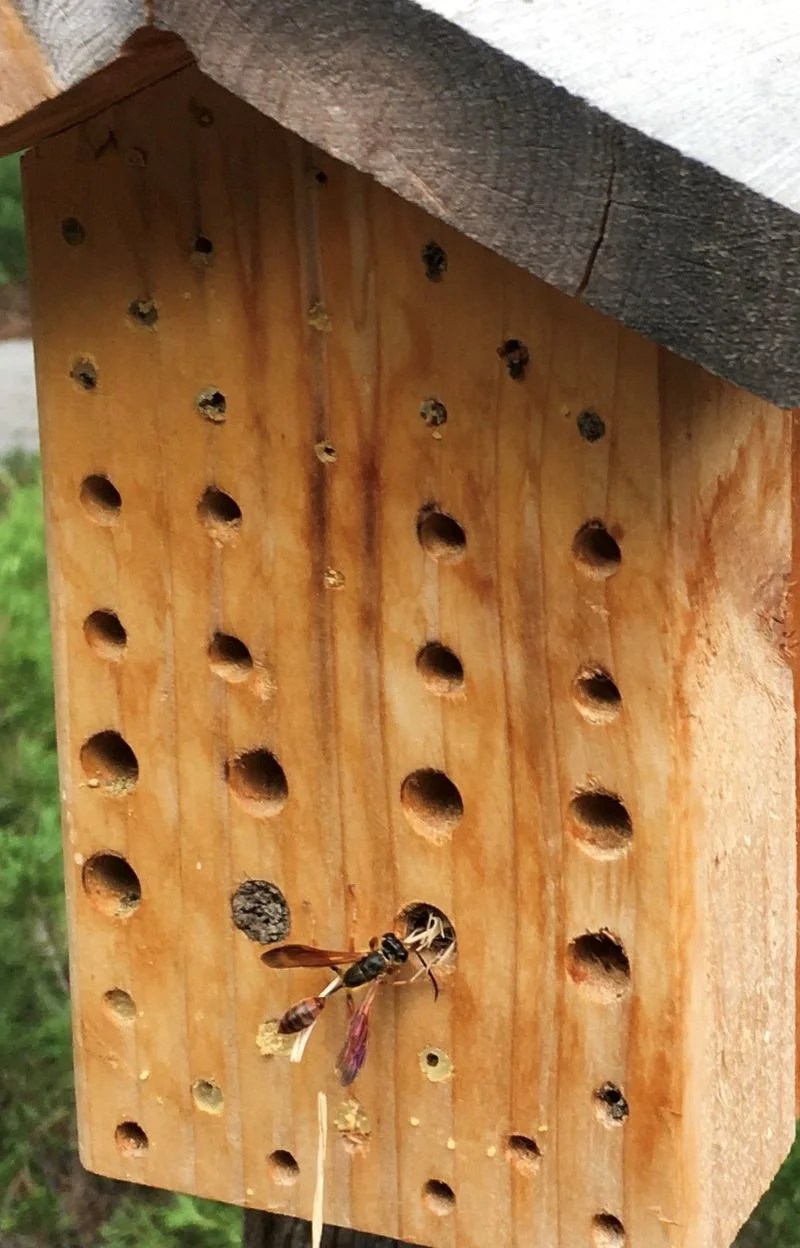

© Rowse Honey
